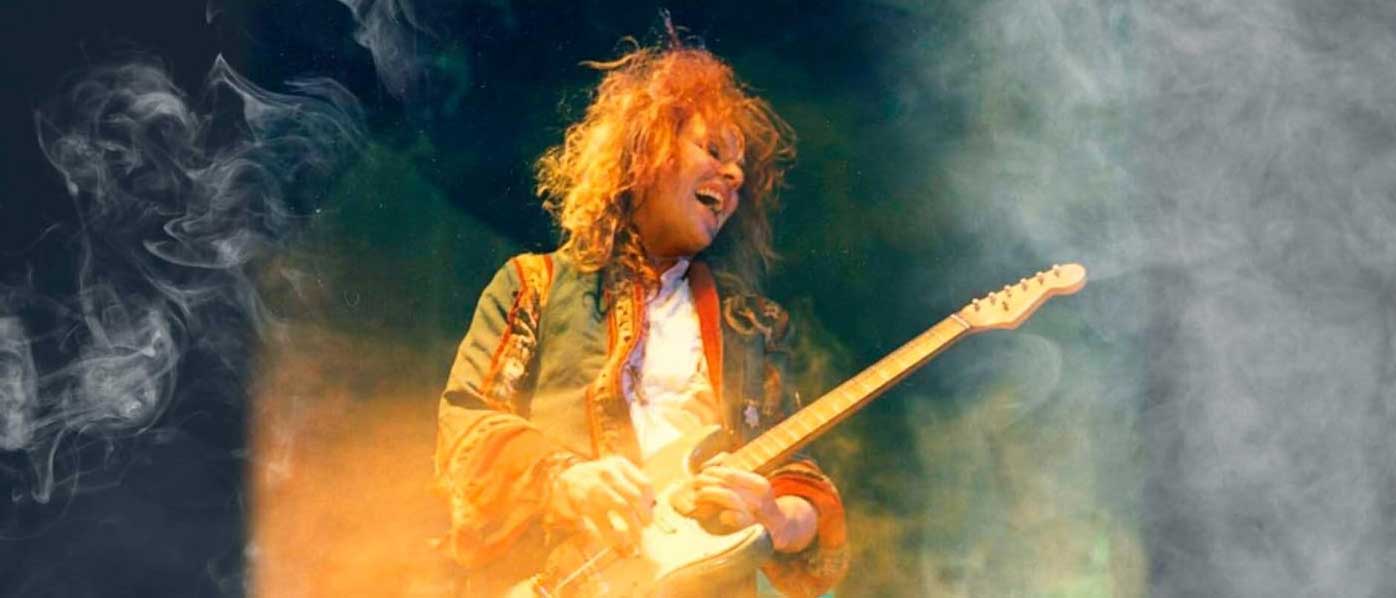Bernie Tormé had his finest hour in Ian Gillan’s band; his revelatory guitaring on Gillan’s 1979 album Mr Universe is the stuff of legend. Bernie, who died in 2019, also enjoyed stints with Ozzy Osbourne and Twisted Sister’s Dee Snider. But did your mum ever sew a Tormé patch on to your denim jacket? No.
Whiffs of the eye-patched Irishman’s spiky-haired pub-rock roots always lingered. People tended to prefer Bernie Winters. This five-CD set focuses on Tormé (the band) and is about as essential as a papier-mâché motorcycle helmet.
Included are the albums Back To Babylon, Die Pretty Die Young, Official Live Bootleg and Demolition Ball, plus many demos and live recordings. The band’s ungainly glam-punk shtick sounds very dated these days. Moreover, everything – even the raucous My Baby Loves A Vampire, their best song by far – comes across as cheap, rushed and ill-conceived.
Tellingly, Tormé never escaped the UK’s grinding rock club circuit; the bonkers sleevenotes make gigs at Folkestone and Cleethorpes resemble Madison Square Garden. Bonus tracks include Kerrap, a dig at Kerrang! magazine, with sneering vocals by Phil Lewis (Girl/L.A. Guns), and a baffling, not to say shambolic, rendition of Cameo’s Word Up.


